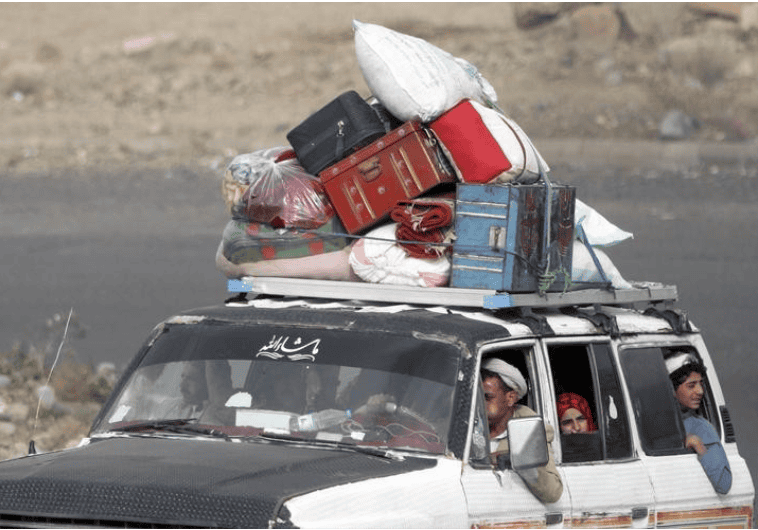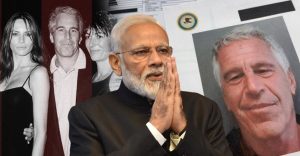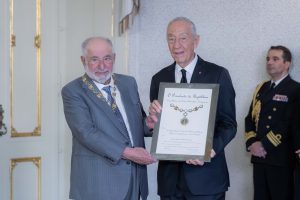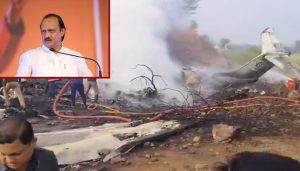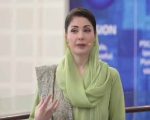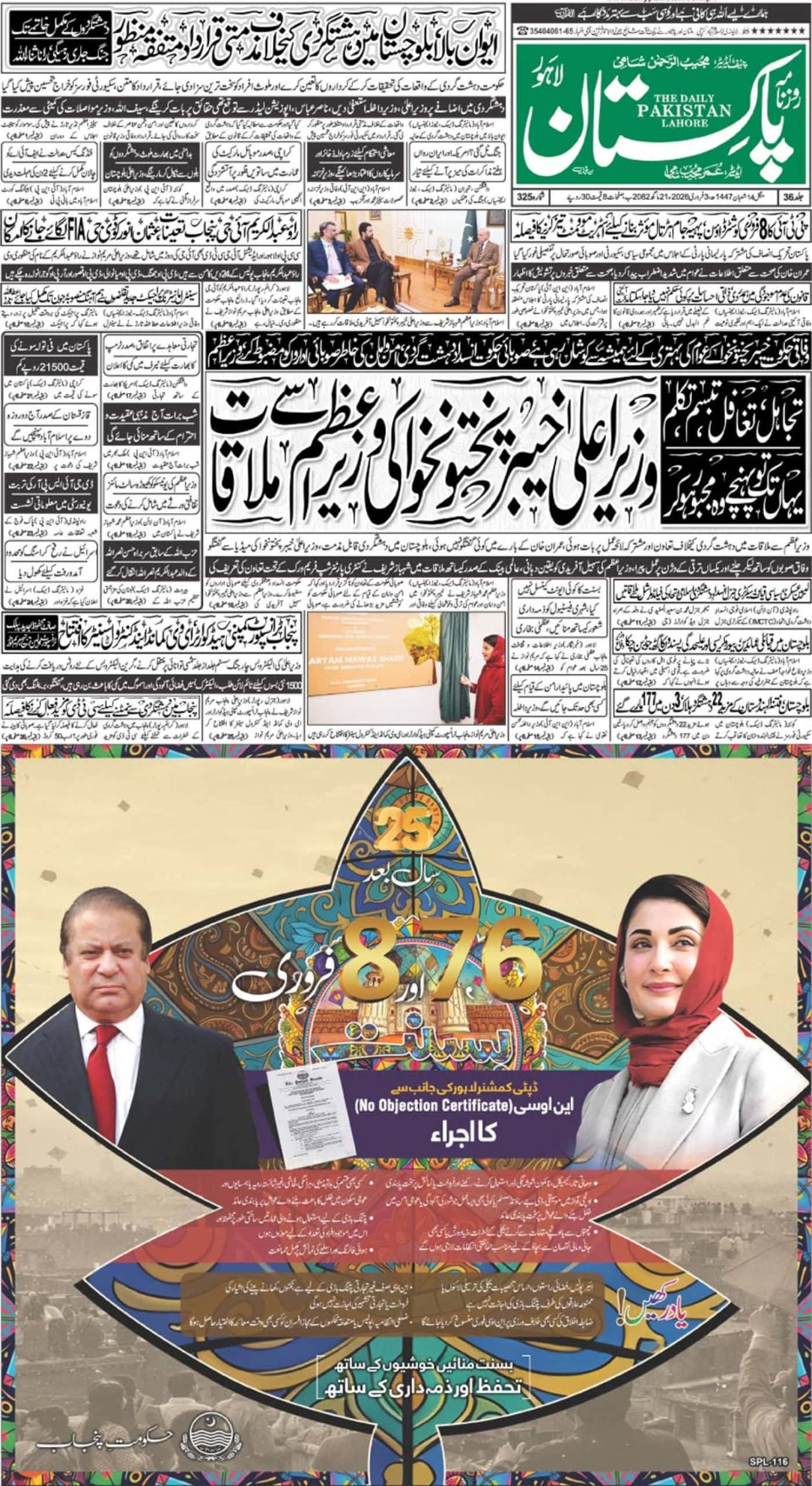SANAA (Web Desk/Agencies) – The United Nations has pulled its staff from war-torn country as Russia warned Saudi-led air strikes on Houthi fighters were affecting crunch nuclear talks between world powers and Tehran.
Russia’s chief negotiator in the Iranian nuclear talks said Moscow hoped that the Yemen fighting would not jeopardise the negotiations between Tehran and world powers under way in Switzerland.
“Unfortunately, we are seeing that the tragedy that is happening in this country (Yemen) is having an impact on the atmosphere of the negotiations,” Moscow’s deputy foreign minister Sergei Ryabkov was quoted as saying by RIA Novosti news agency.
“We hope that the situation in Yemen will not bring about a change in the position of certain participants.”
Saudi Arabia’s navy evacuated dozens of diplomats from Yemen on Saturday and the United Nations pulled out international staff after a third night of Saudi-led air strikes trying to stem advances by Houthi fighters.
Residents reported heavy clashes between the Houthis and mainly tribal fighters in the south of the country, while the air campaign sought to stall a fresh offensive by the Houthis on Aden from the east.
Riyadh’s intervention, a surprise move from the kingdom better known for flexing its muscle in oil markets than through military might, is planned to last a month but could extend for five or six, a Gulf diplomatic source said.
He said satellite imagery had shown in January that the Houthis had repositioned long-range Scud missiles in the north, close to the Saudi border and aimed at Saudi territory. A Yemeni official said Iran, which says it has not armed the Houthis, was providing parts for the missiles.
86 foreign diplomats and Saudi nationals were shipped out of Aden to the Red Sea port of Jeddah, a Saudi military officer said, escaping the city where President Abd-Rabbu Mansour Hadi had taken refuge until Thursday, when he left for Egypt to shore up Arab support for his crumbling authority.
Related: Saudi-led airstikes kill 15 Yemenis; main airport paralysed
The director general of Yemen’s Health Ministry, al-Khadher Laswar, said more than 68 people had been killed and 452 wounded in the city since Wednesday. Explosions at Aden’s largest ammunition depot on Saturday killed at least 15 people and wounded dozens, he said.
In the capital Sanaa, which has been under Houthi control since September, the United Nations said most of its 100 international staff were evacuated. Airport officials said up to 250 other foreigners working for international oil companies and NGOs also flew out to Ethiopia and Djibouti.
Houthi fighters seeking to overthrow the Western- and Saudi-backed Hadi have continued to make gains since the Saudi-led coalition launched air strikes against them on Thursday.
At an Arab summit in the Egyptian resort of Sharm el-Sheik, Hadi urged Yemen’s army to protect state institutions and obey the orders of Yemen’s “legitimate leadership.”
He also underlined the regional dimensions of the conflict, calling the Houthis “Iran’s puppet.”
Egyptian President Abdel Fattah al-Sisi told fellow leaders the region faced “unprecedented” threats.
And Saudi King Salman vowed that the air strikes would continue until they bring “security” to the Yemeni people.
But UN Secretary General Ban Ki-moon urged Arab leaders to “lay down clear guidelines to peacefully resolve the crisis in Yemen”.
Saudi Arabia’s intervention is the latest front in its widening contest with Iran for power in the region. Their ‘proxy struggle’ is also playing out in Syria, where Tehran backs Bashar al-Assad’s government against mainly Sunni rebels, and Iraq, where Iranian-backed armies are playing a major role.
Saudi Arabia’s King Salman told the summit the operation would continue until Yemen achieved peace and security, while Kuwait’s emir, Sheik Sabah al-Ahmad al-Sabah, said the Houthi advances “pose a threat to our security.”
After the summit, Hadi flew with King Salman to Riyadh, rather than trying to return to Aden. Yemeni Foreign Minister Riyadh Yaseen said he would remain in an Arab capital until conditions allowed his return.
Iran has denied giving the Houthis military support, but Alaeddin Boroujerdi, head of the Iranian parliament’s national security and foreign policy committee, added to the sense of confrontation, saying: “Saudi Arabia is too small to be able to threaten Iran” and condemning what he described as a Saudi attack on Yemen.
A Gulf diplomatic source, speaking on condition of anonymity, said the Arab alliance initially planned a month-long campaign, but it could last up to six months.
Yemen, by far the poorest country on the Arabian peninsula, has struggled to regain stability since mass protests in 2011 that eventually unseated Saleh after 33 years in power.
Hadi led a UN- and Gulf-backed national dialog that was discussing a new constitution when the Houthis took the capital and pushed him aside. The Gulf official said the aim of the Saudi-led intervention was to restore that process, and that the Houthis could have a role in it.
In comments addressed to Arab heads of state meeting in Cairo, Saleh called on the coalition to stop “the aggression and return to the negotiating table,” saying Hadi had failed to run the country.
“Let’s go to dialog and elections, and I promise you that neither I nor any of my relatives will run for the presidency,” he said. “Air strikes against Yemen have no justification except Hadi’s failure to manage the state. I hope the brothers will not bet on a losing horse.”

